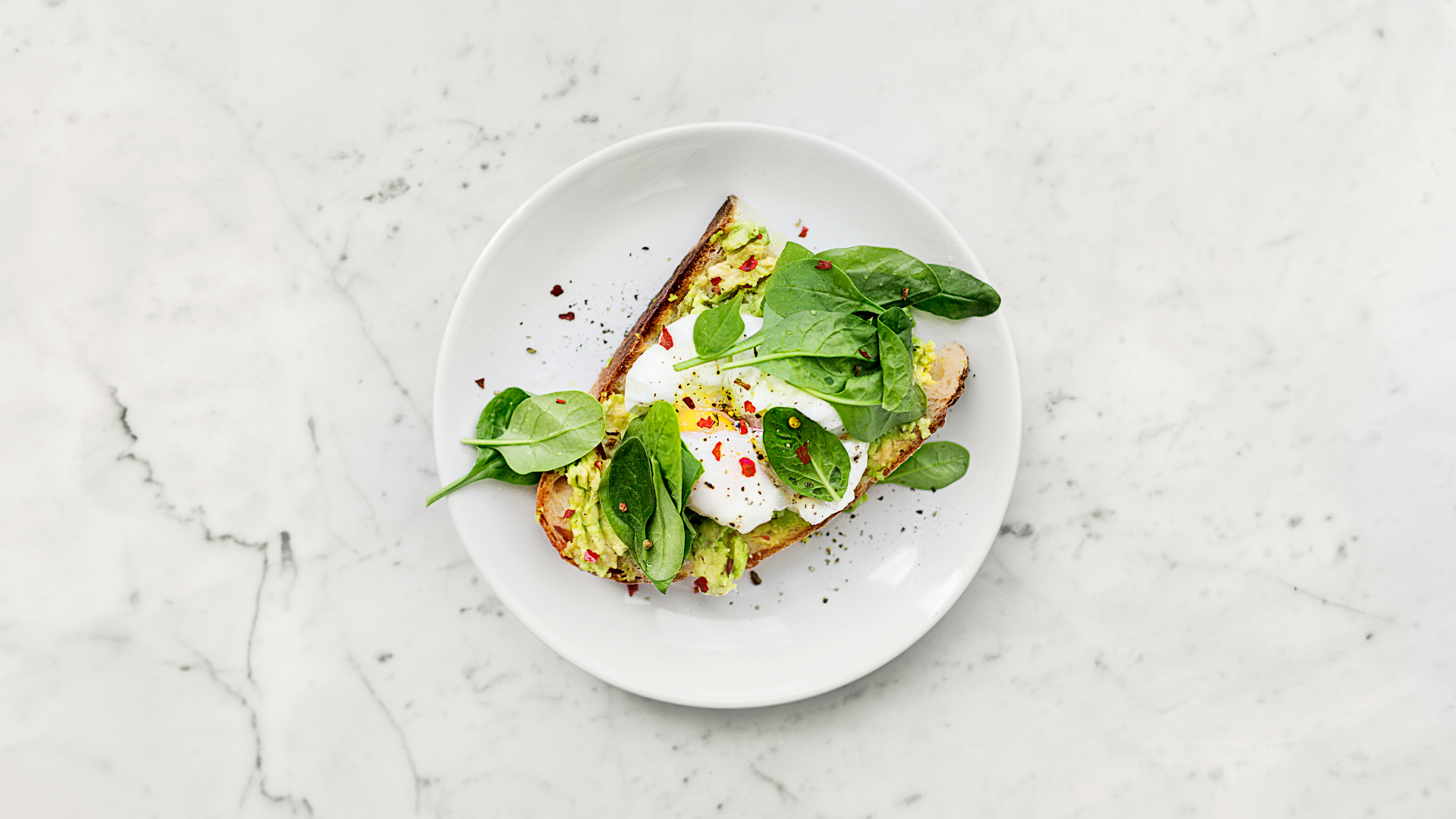
When I was a teenager, my family frequently celebrated Thanksgiving at my aunt and uncle’s house. Dick and Fran served a five-course, Italian style, unforgettable meal. Nearly thirty of us feasted slowly, over the course of an entire day, on antipasto, fish, homemade ravioli, a traditional turkey meal, and too many pies to count—in that order. In between each course, half pretended to watch football while sleeping on the couch and the other half hiked off a few calories. I haven’t had a comparable Thanksgiving meal since then. A constant remains, however: I eat too much. Every year. Three days ago, it was the extra helping of mashed potatoes and gravy that pushed me over the edge.
For those of us fortunate enough to not be food-deprived, overeating (a bit or a lot) seems to be a hallmark of our holiday gatherings, no matter the size. We cook special meals and bake favorite sweets. We savor it all as part of our memory-making and tradition-keeping. Which makes it easy to take one too many bites or helpings.
When I first arrived at Mount Olivet Conference & Retreat Center, multiple people, from return guests to long-time staff, told me that good food was a hallmark of its mission and identity. I learned quickly what this meant. My first official day on-the-job was Mother’s Day. We served nearly three-hundred people a bountiful feast laid out with care and simplicity.
We also serve fresh, locally-grown foods as much as possible. Our raised garden beds have grown in number and output in recent years. We recently harvested 40 pounds of succulent yellow onions, which we gladly delivered to Mount Olivet Church so that they could be used to make meals for Loaves & Fishes, which has been preparing 1500 meals weekly for those in need.
During this month of quasi-shutdown here in Minnesota, our holiday celebrations at the retreat center have moved online (for example, Day Advent Journey), so we are sharing recipes rather than making meals. We gladly continue to serve meals to private retreats—usually one or two people at a time. We strive to embody the same commitments in these smaller settings. I recently received feedback from a pastor on a personal retreat:
“Please tell your chef, Jon, that dinner blew my socks off. . . . My meal tonight was super healthy and fresh, the carrots (from your garden Jon told me!) were still crispy with a sauce that added to their natural flavor, rather than covering up their flavor like most American cooking tends to do. The salad had fruit and fresh greens and the dressing was healthy, light, and still super flavorful. And the meatloaf was not just a big slab of hamburger. I could taste the spices and the flavor profiles alongside the beef.”
As I read this feedback, I felt grateful not only for our continued ministry of health, healing, and hospitality but also for the reminder, from this pastor, to eat mindfully.
Early in this pandemic, my “pod” decided that we would eat well—and with more intention if not full mindfulness—during this season of deprivation. We bought nutritious foods and tried new recipes. Long days and nights were punctuated by slowing down to cook and eat together. We noticed what we craved, a lot of kale salad for a long while. We didn’t deprive ourselves of the occasional sugar treat. In fact, we found an excellent gluten free cake mix that replaced all prior favorites, even for those who can eat gluten.
As we head into the next month in our holiday season, we hope you will find ways to cook mindfully and eat mindfully, and in so doing to care for yourselves and those whom you love. Perhaps this might be part of your Advent practice. Either way, here are some ingredients that we recommend:
- Arrange your kitchen in a way that contributes to peace and ease in preparing meals. De-clutter your counters and cupboards.
- Cook and eat slowly and calmly. Be present. Eliminate distractions insofar as that is possible.
- Turn your kitchen and dining space into a screen-free zone. No phones, TVs, or other devices.
- Sit down at the table to eat at regular times.
- Listen to your body from start to finish: what is that I truly crave and need to be healthy? When am I satisfied?
- Notice the taste, texture, and color of each food and drink.
- Eat slowly enough so that you recognize when you are full, and then stop eating.
- Prayerfully remember those who cannot afford or do not have access to healthy food and those who have little to no food altogether.
- Give thanks for your food—for those who prepared it, farmed it, and brought it to market; for the land from which it grew and the animals who gave their lives for it; and ultimately for God from whom all good gifts come.
*Theresa F. Latini, Ph.D. is the Executive Director of Mount Olivet Conference & Retreat Center and an ordained minister in the Presbyterian Church (USA)